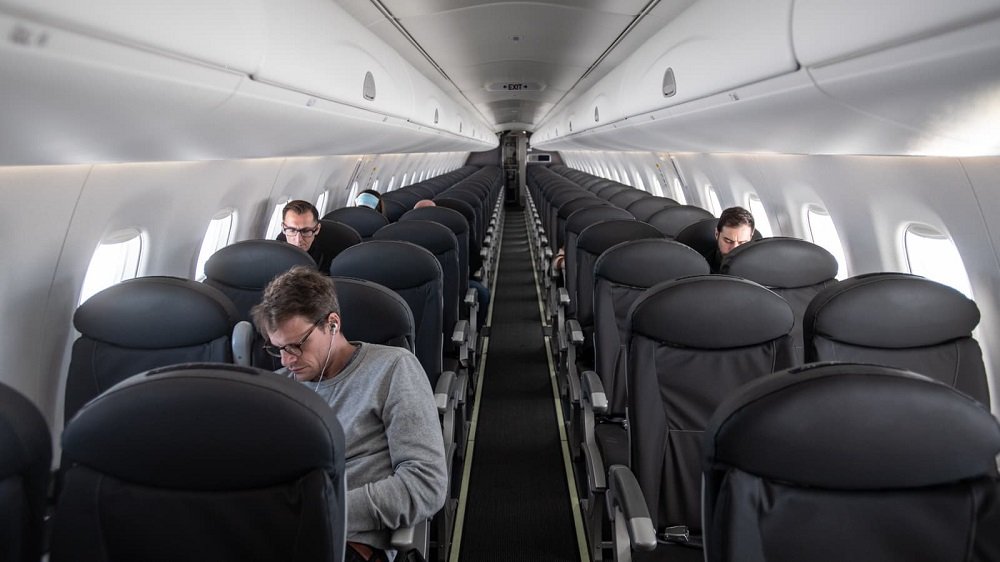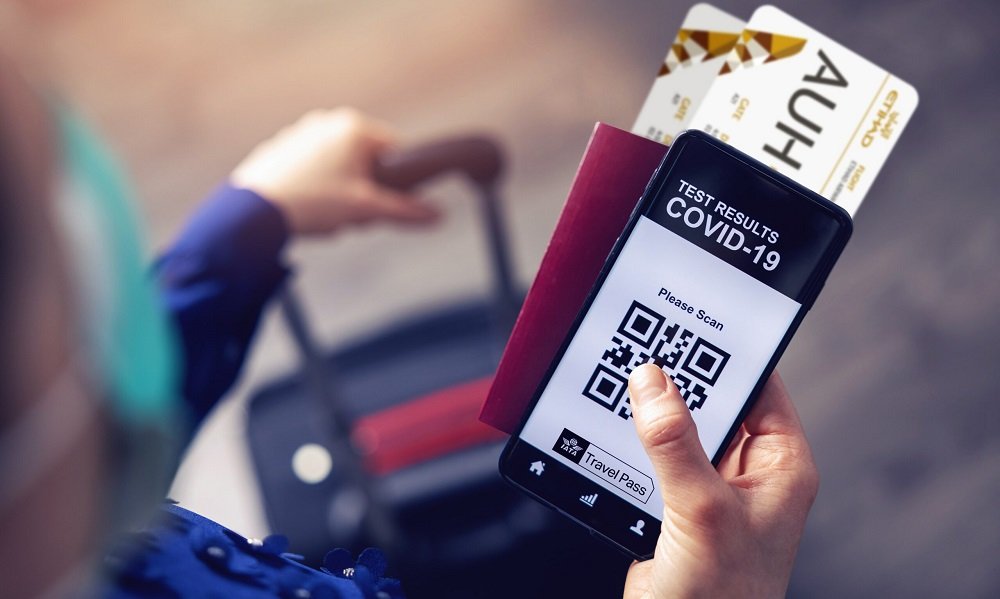The early months of the year are normally good for international airlines as hundreds of thousands of holidaymakers plan and book their summertime trips.
However, as we approach one year of near-total shutdown of the aviation industry, the prospect of resuming widespread international leisure travel seems as far away as at any time since the pandemic began.
2020 saw the lowest level of flights in Irish airspace since the late 1980s, with a 58% drop in traffic versus 2018. Media stories in January and February of hopeful travellers booking overseas dental and medical appointments, at least some in an effort to evade international restrictions, highlighted the pent-up demand for travel abroad.
The aviation industry supports 140,000 Irish jobs, many of which are well-paid, highly skilled, and of high value to the economy. Airlines, airports, leasing companies, and others within the industry are likely to need continued supports from government in the form of funding, sector-specific staff supports, and incentive schemes to recover lost traffic.
But what happens in one key area is going to be critical to getting passengers back safely into departure lounges: vaccine passports.
Long road to recovery
The widespread rollout of vaccinations internationally is eventually going to help restore confidence, but it will take time.
As well as the logistical challenges of vaccinating millions, countries including Ireland continue to face concerns over delivery schedules. Delays in vaccinating a critical mass of society and, just as importantly, an uneven rate of inoculation across inter-connected countries, mean that a global vaccination programme alone cannot unlock international travel.
In the meantime, senior figures from the worlds of health and politics have warned that many restrictive measures will be with us for months ahead. To allow society to quickly benefit from the significant scientific, economic, and operational investment in the vaccine rollout, it is crucial that we find ways to allow inoculated people to safely resume activities as quickly as possible.
In the US, the CDC has already announced some less restrictive advice that applies to fully vaccinated people. In Ireland, authorities are considering easing measures for vaccinated people as a so-called ‘vaccine bonus’. However, in the short term at least, air travel is not likely to be on that list.

Vaccine certainty
The introduction of the EU’s Traffic Light System late in 2020 brought some clarity to travel to, from, and within Europe, as well as harmonisation to testing measures.
As vaccine rollouts accelerate, however, it has become clear that this system is undermined by one glaring omission: it relies on a regime of pre- and/or post-flight PCR tests, and accordingly there is no provision for passengers who may have already received a vaccination. Do they still need to be tested? Do they need to isolate on arrival?
If more concrete evidence does emerge showing vaccines can also reduce transmission of Covid to unvaccinated contacts, introducing specific measures for travellers who have received a vaccine becomes even more important in beginning to restore normality to aviation.
The organisers of the Bahrain Grand Prix announced that in-person attendance at this month’s race will be limited to those who have been vaccinated or have recovered from Covid, which makes it the first sporting event in the world to do so. It is likely this trend will accelerate in the coming weeks and months.
The passport solution
The key challenge is proving that a person has been vaccinated. This requires a centralised system recognised by governments, border agents, travel companies, health authorities, and event organisers.
A successful system will have to pass three tests: that information stored is adaptable to comply with different countries’ regulations, that it is almost impossible to illegally copy or modify, and that the system is widely recognised internationally. Disparate international regimes run the risk of falling foul of mutual recognition.
Air New Zealand will begin trialling an app-based vaccination passport, Travel Pass, on flights between Auckland and Sydney next month. The app, developed by the International Air Transport Association (IATA), records a person’s vaccinations, transfers this to IATA’s software, uses an authorised third party to verify this data, and digitally cross-checks this information for each passenger against a government’s travel requirements.
The EU’s mooted ‘Digital Green Pass’ would be a welcome measure, at least for travel within the Union. If operated on a similar basis to the Air New Zealand model, it could address many of the practical challenges. But it would still need to overcome one critical hurdle.

Keeping data safe
Among the EU’s political divisions (which have highlighted the challenge of getting this measure in place quickly) is an ideological battleground, chiefly between tourist-dependent countries in the South, which are keen to get visitors back quickly, and those in the North concerned that such a pass could discriminate between citizens or impinge on civil liberties.
Scarred by experiences such as the Cambridge Analytica scandal, many people still fear sharing digital data. While Deloitte’s Digital Consumer Trends 2020 found that Irish people are actually less concerned overall about companies using their personal data than in 2019, 86% have taken some kind of action to restrict access to their data, and half that number have deleted an app over privacy concerns.
With personal health records among the most sensitive of all data, overcoming fears that vaccination records could be shared with private companies, or even other government departments or agencies, is critical in ensuring widespread adoption of a digital pass. A system should balance functionality against recording as little information as possible for as short a time as possible.
Clear, concise, and consistent messaging from governments, government bodies, and international organisations needs to offer reassurance that any information being saved digitally is only what is absolutely necessary, is as secure as possible, and is not shared or used for any other purpose.
Establishing a mutually recognised, widely accepted, digitally secure vaccine pass programme will not be easy, but it is a critical step in helping to support the revival and recovery not only of the aviation sector, but of live entertainment, hospitality, sport, and so many of the industries that were normal parts of our lives little more than a year ago. Hundreds of thousands of jobs depend on it.

About the author
Gerard works with corporate and consumer clients to deliver integrated, results-driven public affairs and communications campaigns. Before 360, he worked at JUUL Labs, Ryanair, and KPMG. Gerard is also a qualified tax advisor. In 2019, he won the Best Supporting Actor Award at the All-Ireland Drama Finals.
